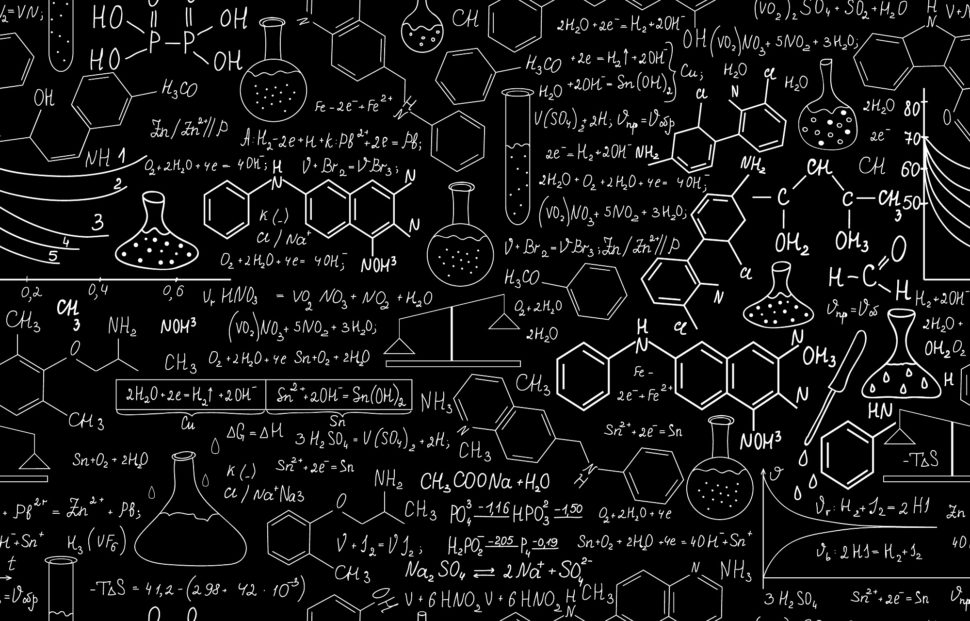IBM scientists have managed to pull a record-breaking molecule simulation using a quantum processor, opening new promising paths to chemistry and materials science.
When chemists conduct experiments, they sometimes have to manipulate all kinds of materials that are more or less hazardous, or rare and expensive, and they have to be precise to ensure that no foreign element or unknown parameter would compromise the results.
Once the reaction is launched, they will have to take different measurements during the whole experiment, which can take days or even weeks.
IBM conducts the largest molecule simulation on a quantum processor.Click To TweetComputer simulations of chemical reactions are thus of great help as a tool, especially with the growth in computing power.
IBM has built some of the world’s fastest quantum processors, and now they are putting them to good use.
Computational Chemistry
Appearing in the 1970s, numerical chemistry or computational chemistry is a branch of chemistry that applies the laws of theoretical chemistry in specific computer programs.
Computational chemistry methods help meet the growing needs of research and industry in many fields of science and technology.
Thanks to advances in computing resources, digital modeling has taken on increasing importance in fields as diverse as physics, chemistry, and biology.
Currently, digital chemical simulations allow carrying out experiments that are too complex or too costly to test in real-life conditions.
Digital chemistry models have now matured to become widely used as a tool to interpret and understand experimental results, to extract useful information, to test new theories, validate results, or to predict the behavior of matter.
IBM’s Quantum-Based Chemistry Simulation
IBM keeps on exploring all the possibilities offered by quantum computing at the historical T. J. Watson Research Center in New York, equipped with a new 16-qubit processor.
In a press release, IBM announced that its researchers had successfully conducted the largest molecule simulation to date using a quantum processor.
IBM researchers used a seven-qubit quantum computer to conduct a molecule simulation of beryllium hydride (BeH2).
Details and results of the work were published in Nature.
The simulation of BeH2 molecule isn’t a breakthrough per se, because scientists have already run it, and other much more complex molecule simulations, using conventional supercomputers.
But for quantum computers, however, it’s the largest to date, and this represents a new milestone that promises more to come from the technology.
In the future, IBM researchers said they will be exploring larger simulations, as the quantum processing power of IBM Q increases, that classical supercomputers won’t be able to handle.
The simulation of complex chemical reactions and processes using quantum computers would lead to many industrial applications, such as energy (new sustainable energy sources), medicine (new drugs), and agriculture (new fertilizers).



















Comments (0)
Least Recent